Analyzing the Legality of Australia's Fishing Act Under GATT Rules
VerifiedAdded on 2023/03/23
|15
|841
|21
Case Study
AI Summary
This case study analyzes the Fishing Conservation and Management Act 1991 of Australia, examining its compliance with the General Agreement on Tariffs and Trade (GATT). The study investigates whether amendments to the Act, aimed at protecting endangered species within Australia's exclusive economic zone, are permissible under GATT's trade restriction provisions. It explores relevant articles of GATT, including those related to environmental protection and national interests, and outlines the dispute resolution process under the World Trade Organization (WTO), specifically the role of the Dispute Settlement Understanding (DSU). The analysis concludes that the amendments are likely legal, as GATT allows for measures to protect endangered resources. The study uses references to support its findings, providing a comprehensive overview of the legal and trade implications of the Australian fishing act within the international trade framework.
1 out of 15
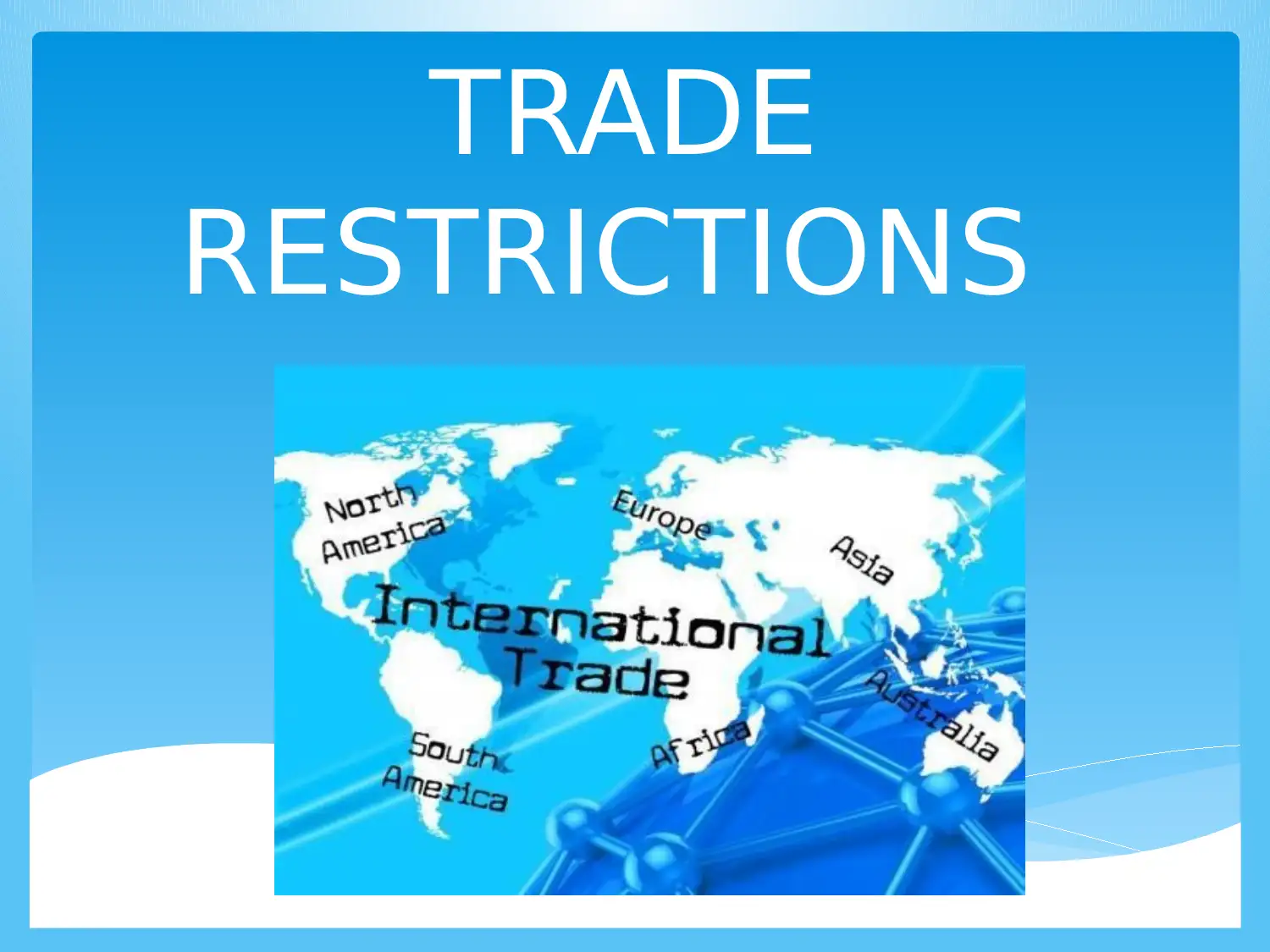
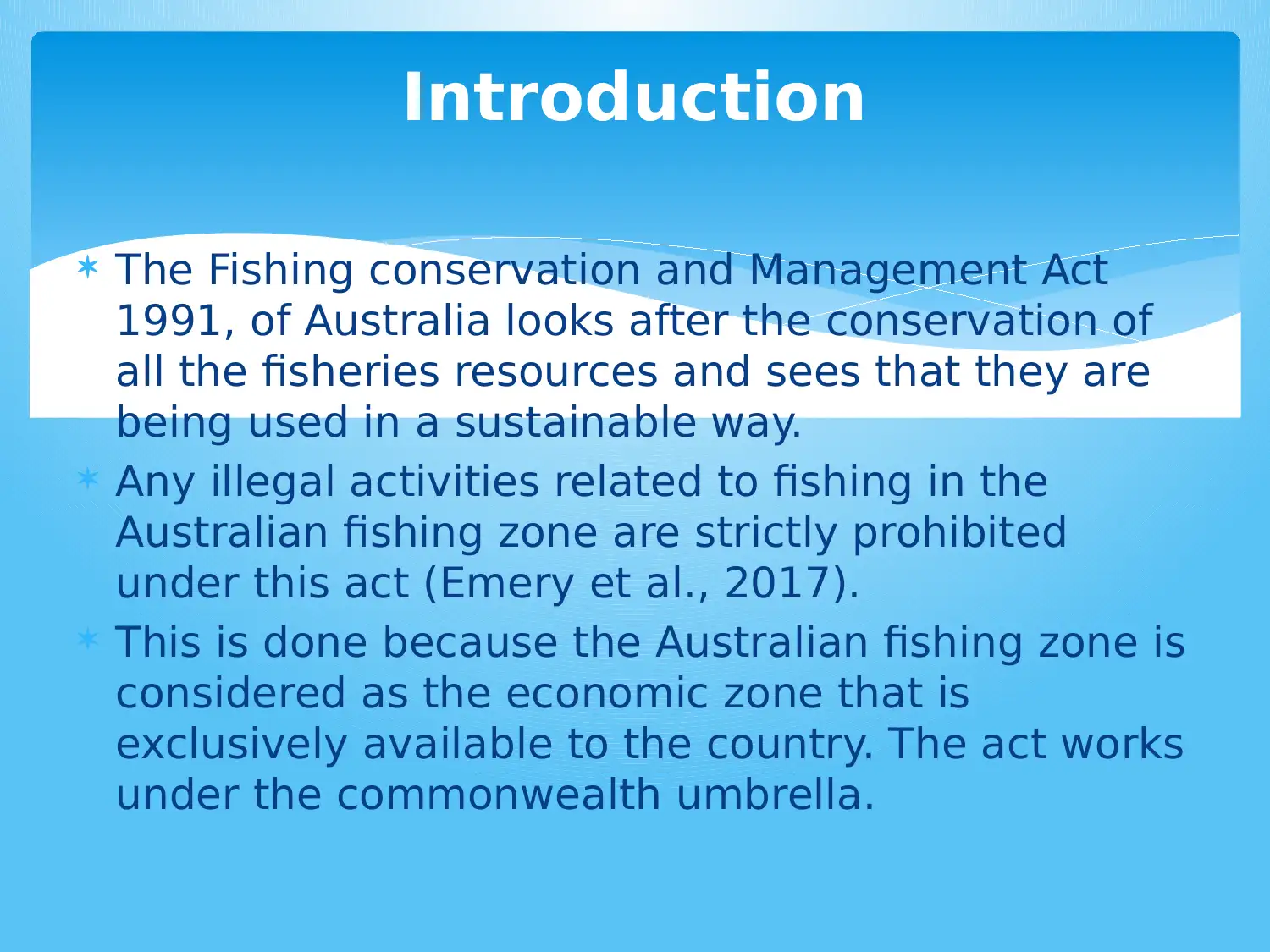
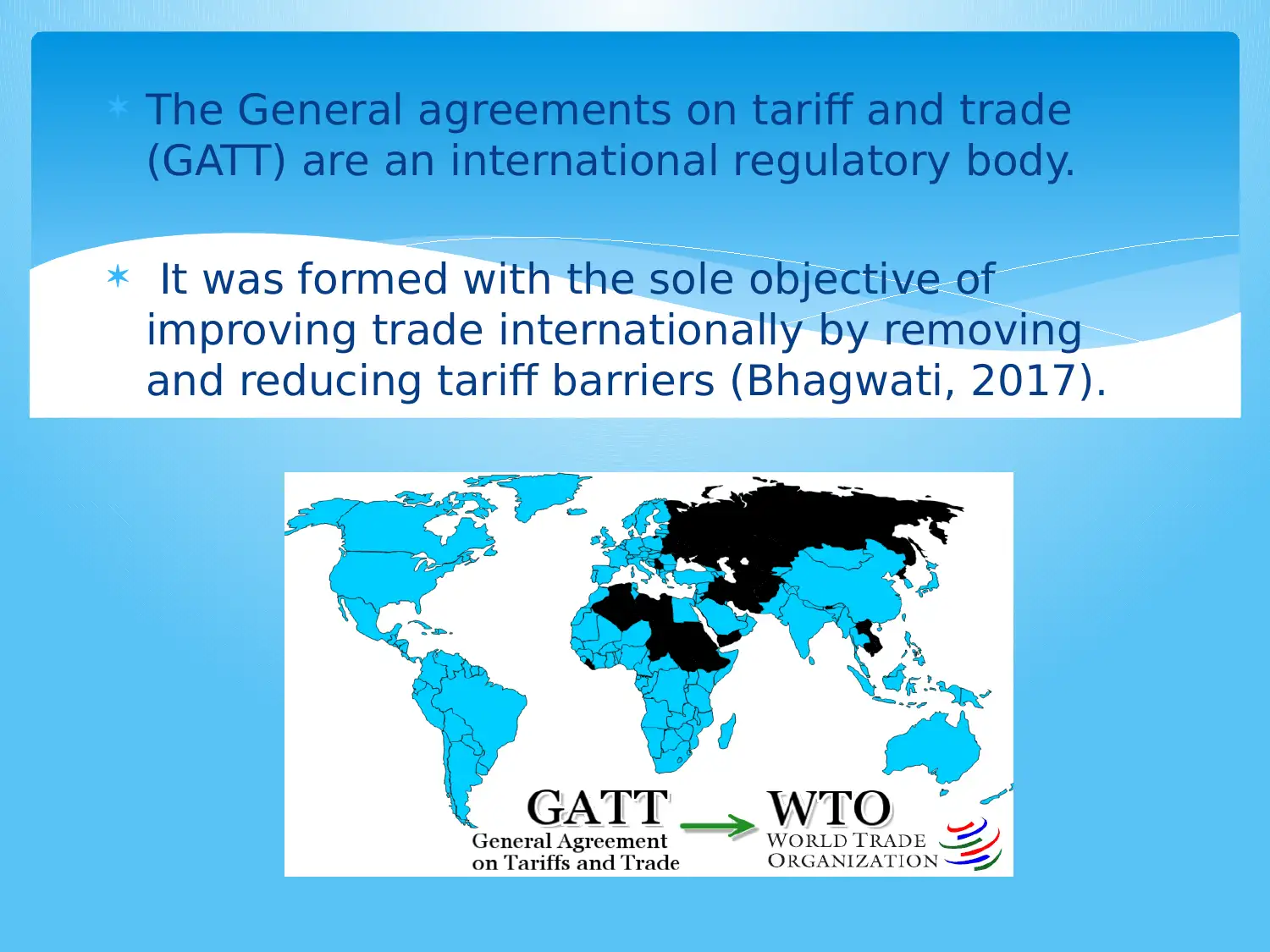

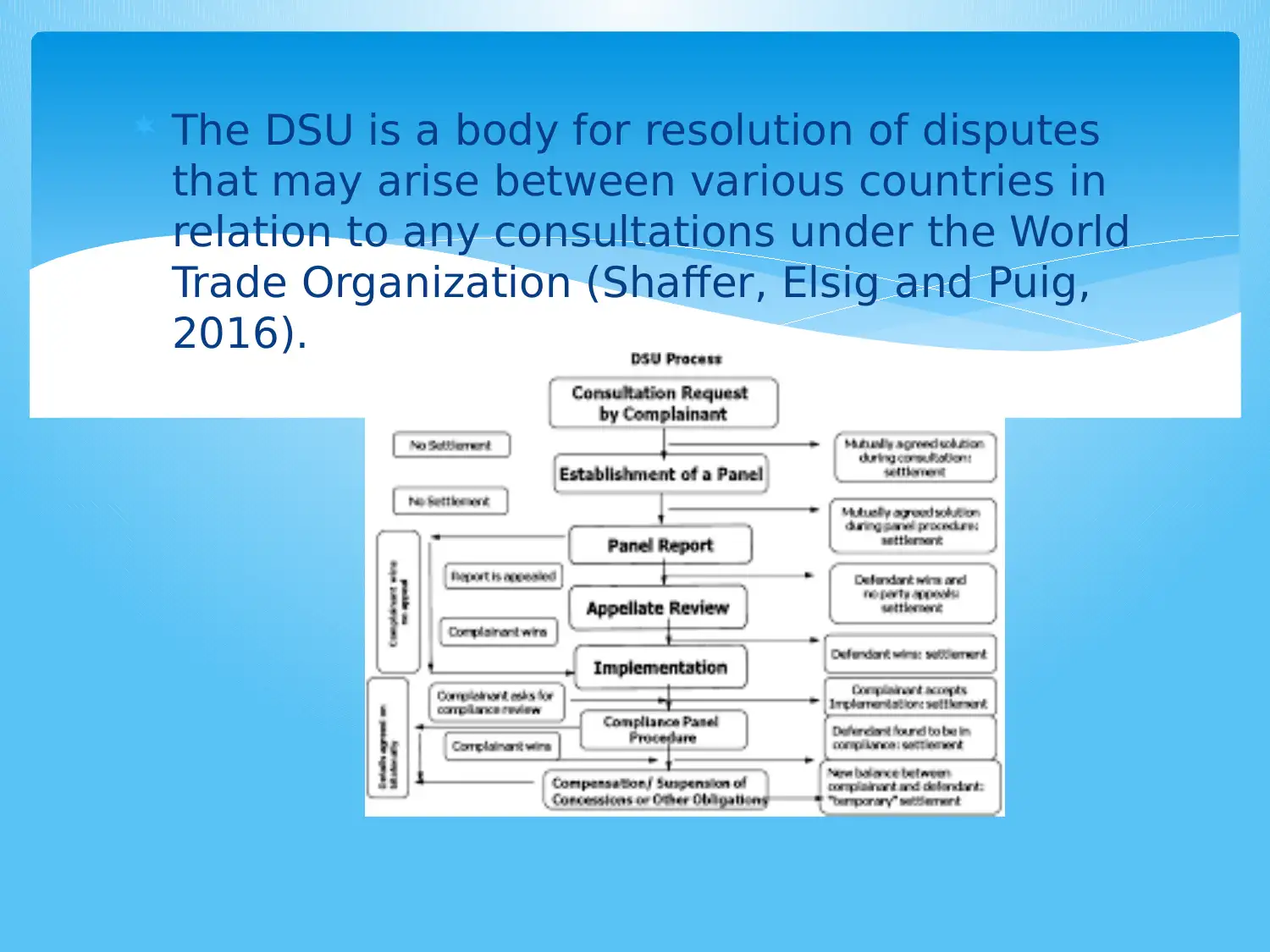
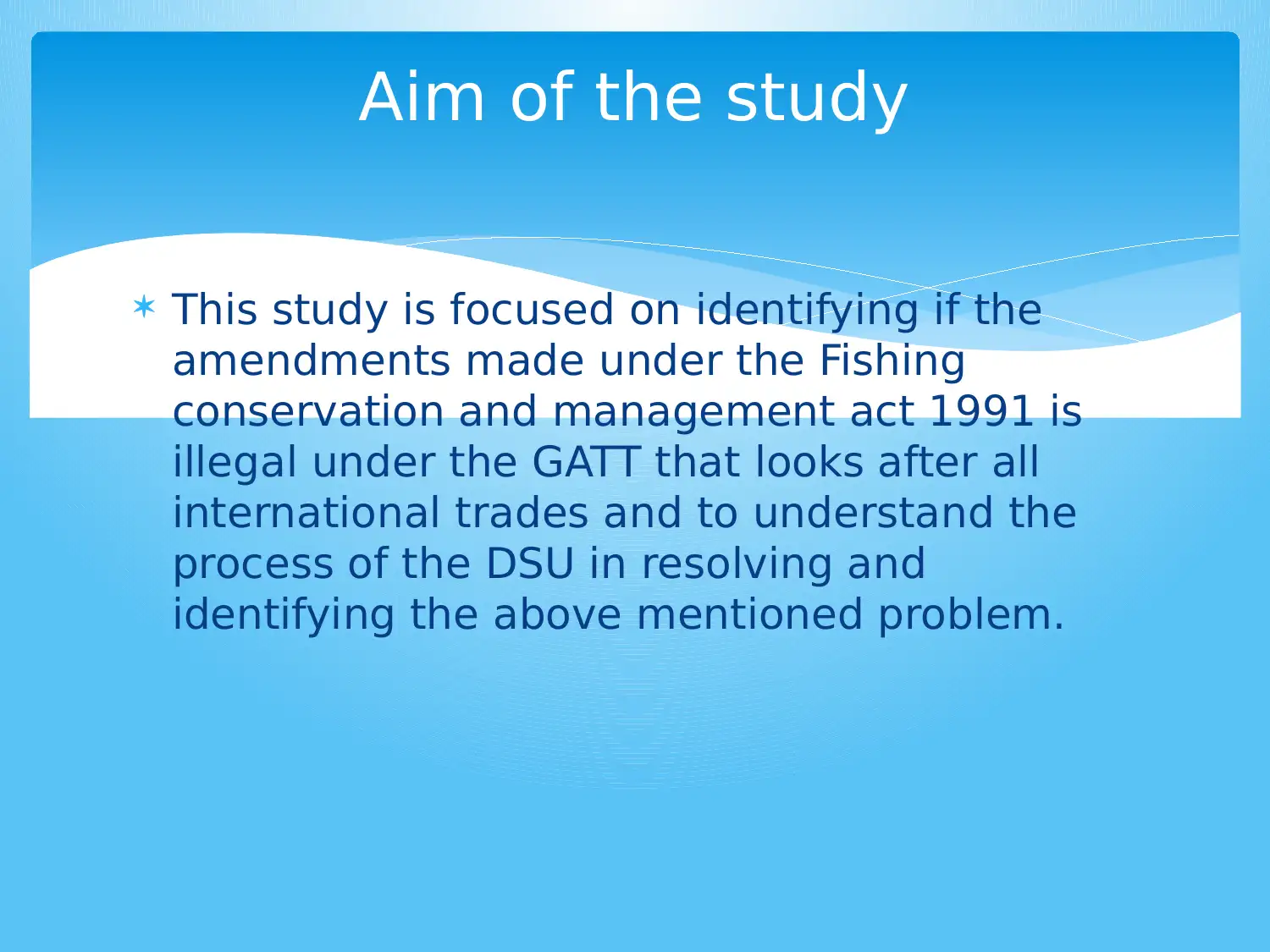
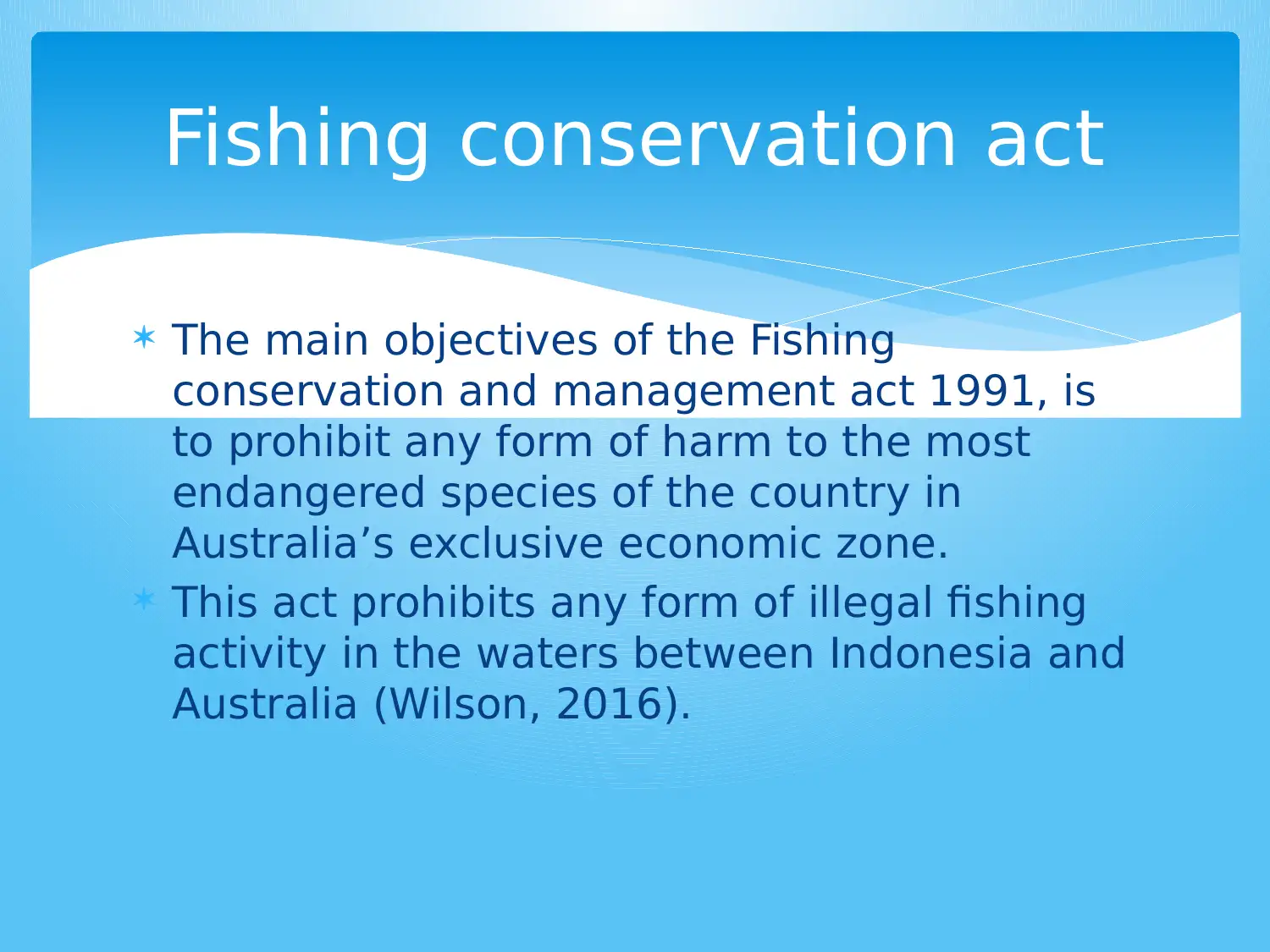
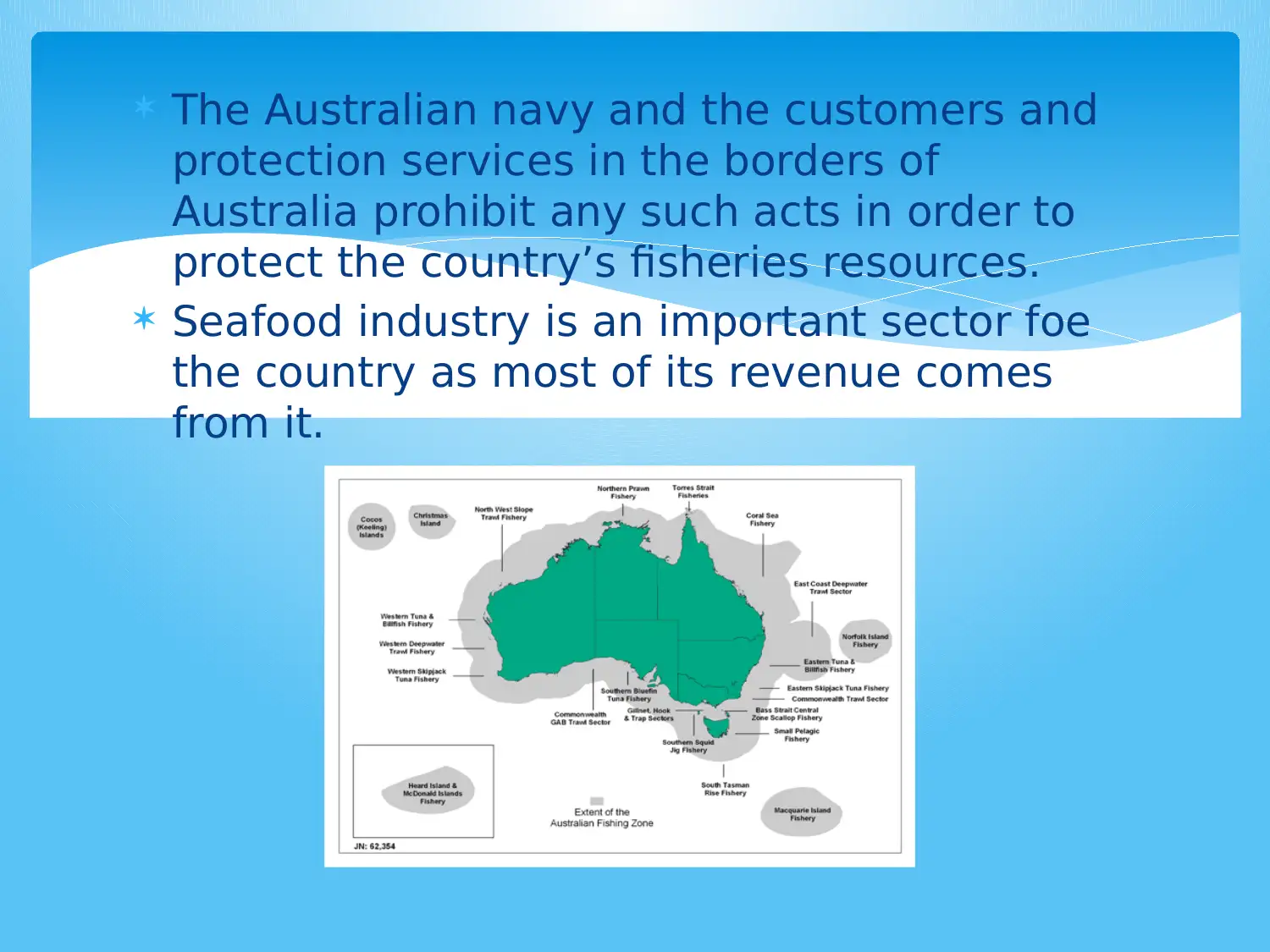
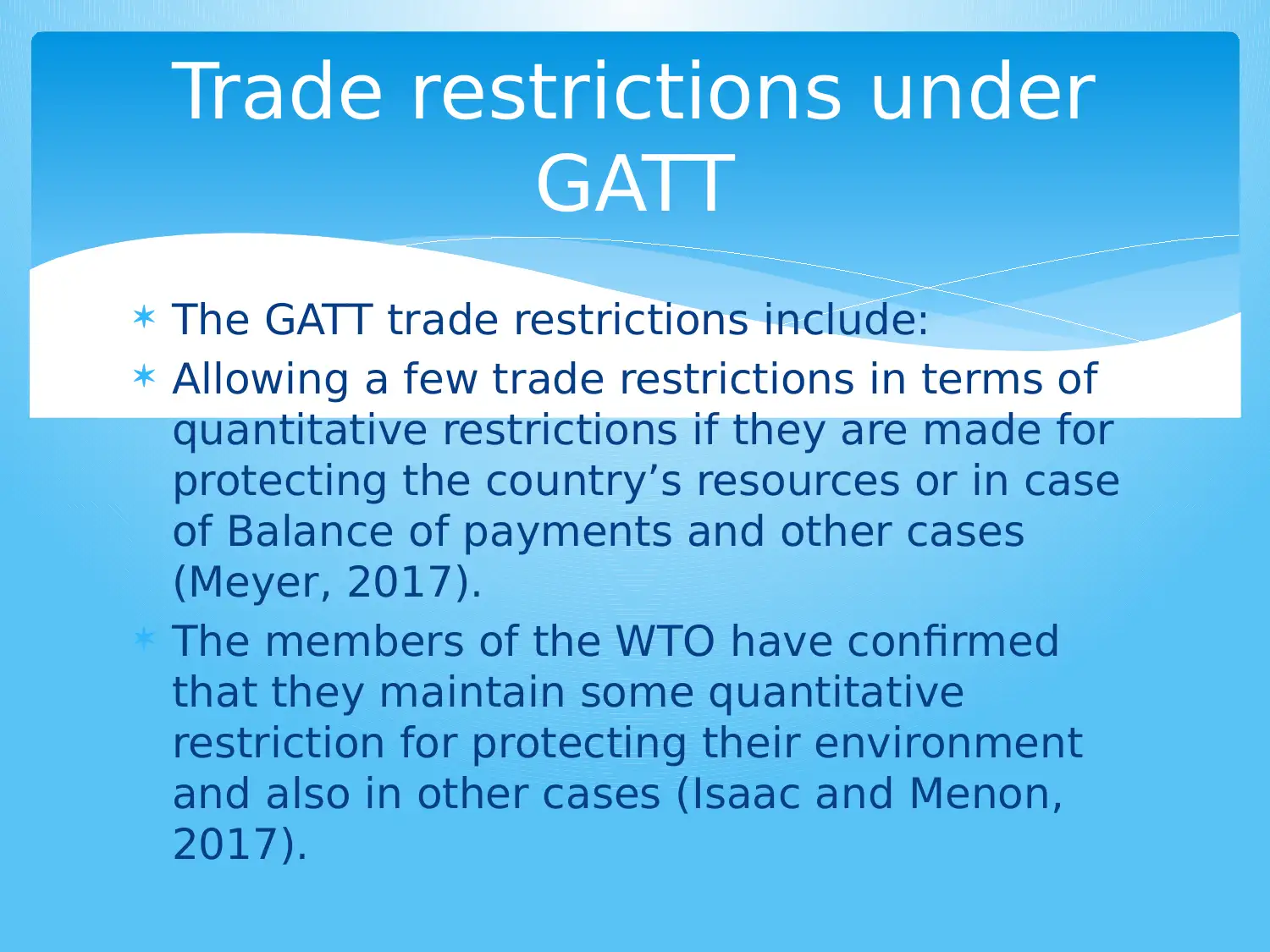
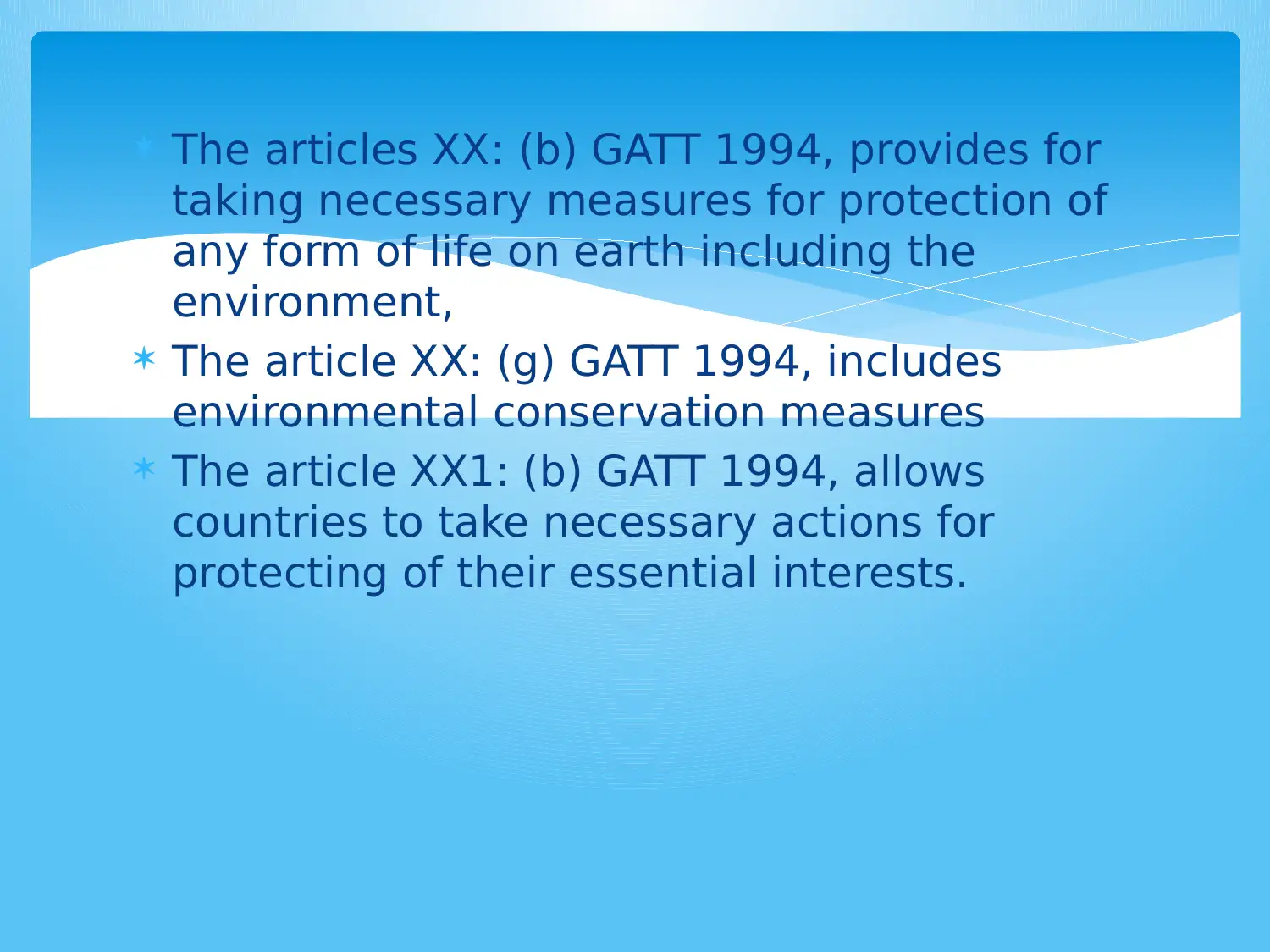
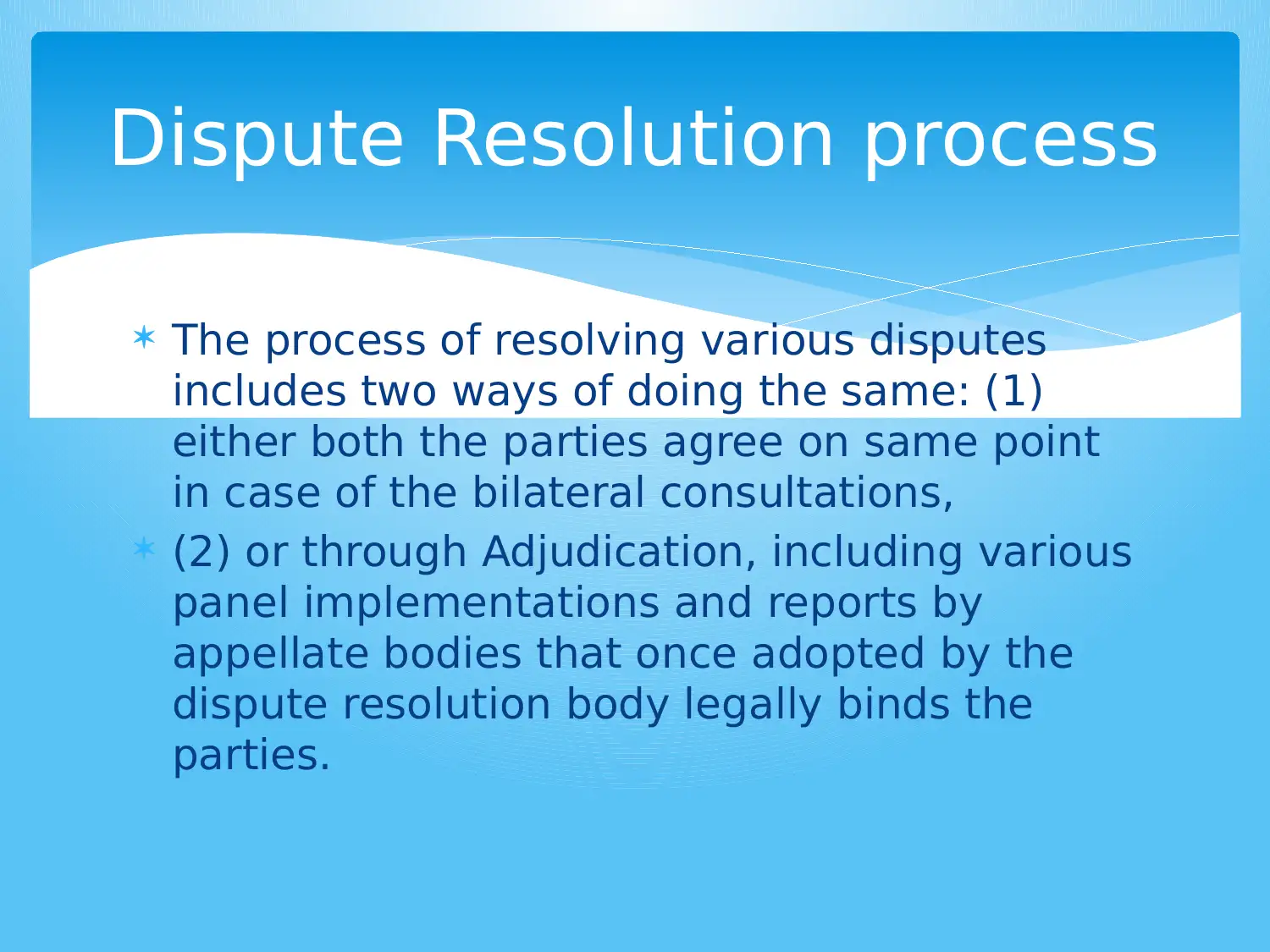
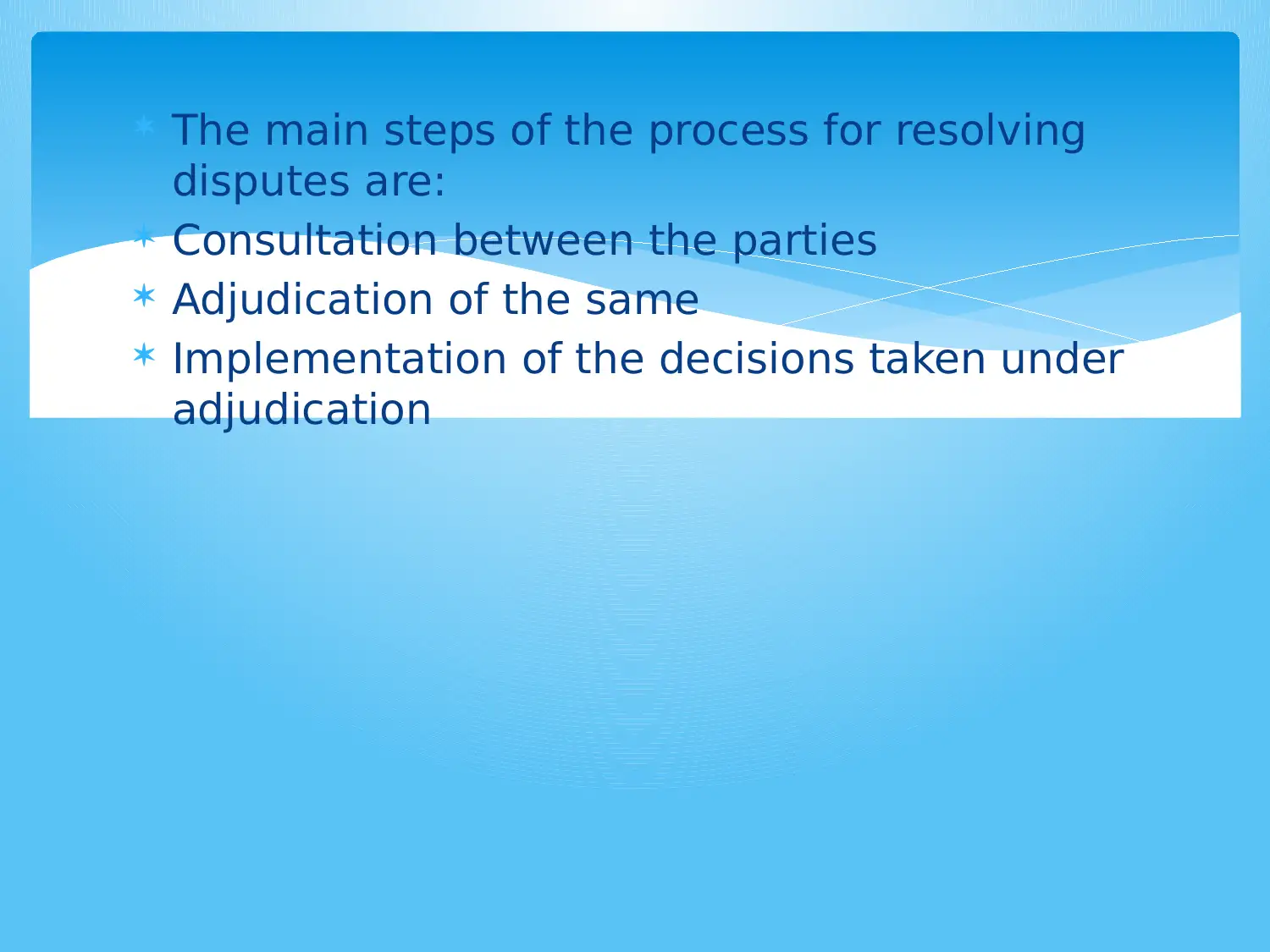
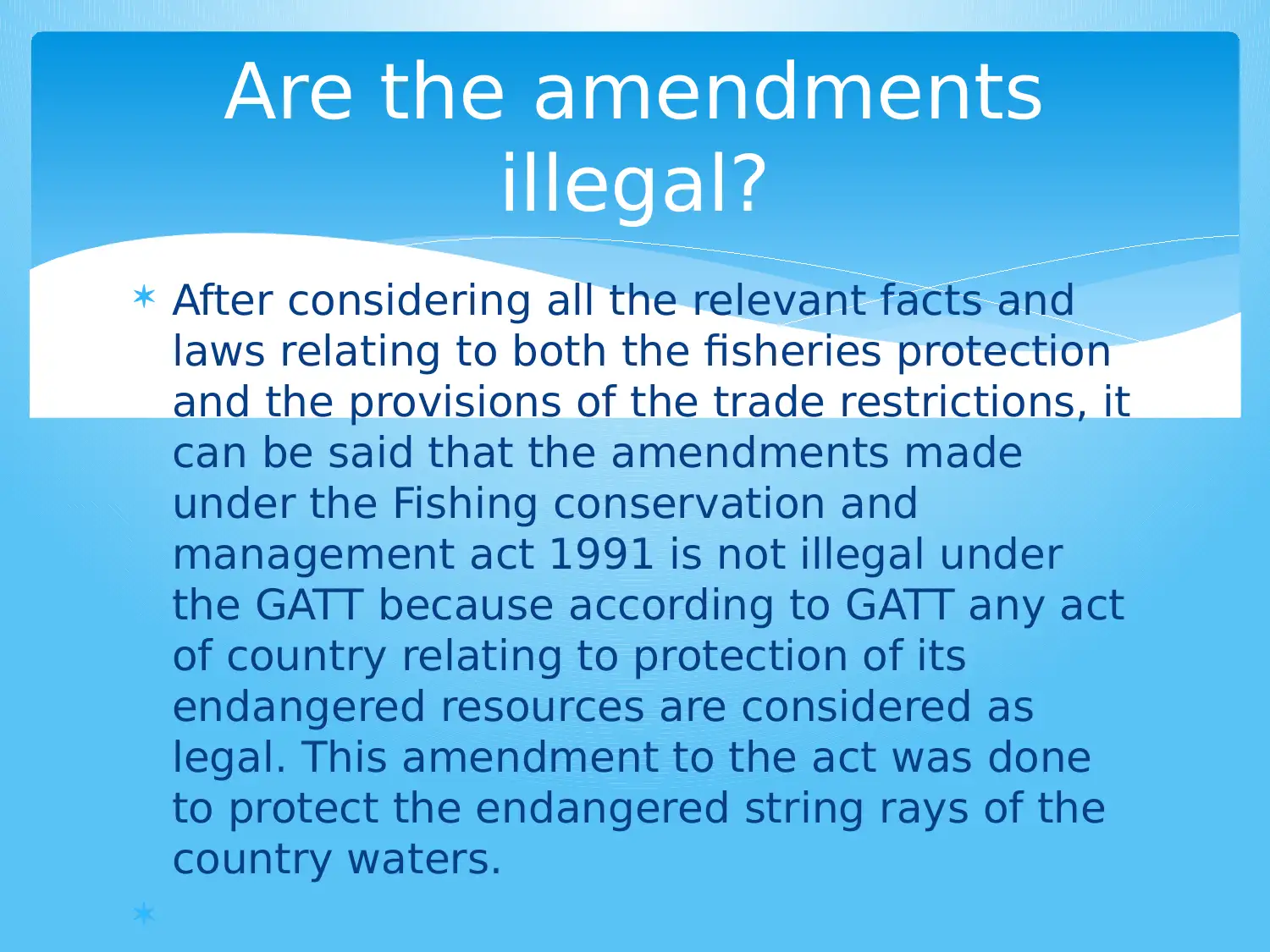


![[object Object]](/_next/static/media/star-bottom.7253800d.svg)